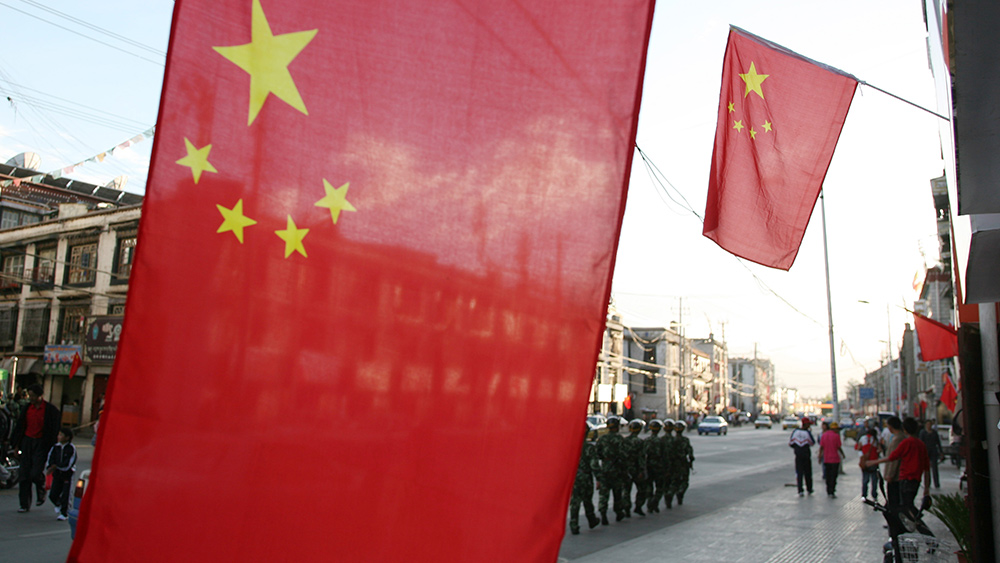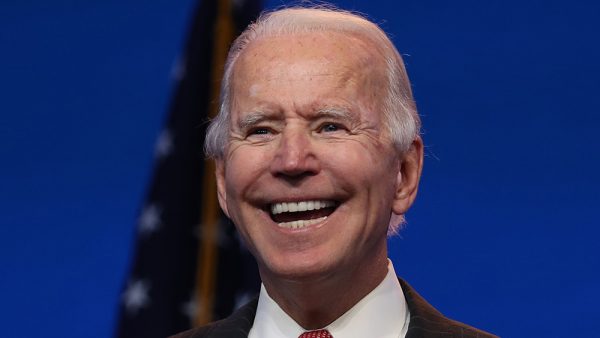 Parler
Parler Gab
Gab
New policy part of wider set of crackdowns
The new crackdown on finance-related posts is just the latest in a wider set of crackdowns sweeping the country. In recent moves, Beijing has moved to rein in giant internet firms and celebrity culture. As part of this, the government has implemented a series of wide-ranging interventions in the economy. At the same time, it has also taken action against what it described as "chaotic" online fan culture, and punished celebrities for tax evasion and other offenses. A blog post by nationalist author and former editor at a state-run publication Li Guangman said that the crackdowns were "a return to the original intentions of the Chinese Communist Party ... a return to the essence of socialism" in a blog post republished in various state-run news outlets, including the Chinese Communist Party's (CCP) official newspaper, the People's Daily. Since coming into power in 2012, Chinese President Xi Jinping has sought to enhance the CCP's role in all areas of society. This includes business and cultural institutions. During a speech marking the CCP's centenary in July, Xi promised that he would "enhance" the CCP's powers and strengthen the unity of the Chinese people. But the crackdowns may actually be affecting the tech sector's finances negatively. The stricter regulations have spooked investors, wiping out billions of dollars in value from the country's internet giants. "I think of the current sentiment toward Chinese tech stocks, at least among English-speaking investors, as split between two extremes: those who see sorts of regulatory changes/risks as an example of why they will not invest in Chinese stocks versus other investors who see this as a buying opportunity in higher quality Chinese names whose actual future earnings will be impacted far less than the magnitude of this year’s sell-off," stated Tariq Dennison, wealth manager at Hong Kong-based GFM Asset Management, to CNBC. Other experts warn that further negative news, in the form of more policy changes, could see more money fleeing Chinese companies. "Policy uncertainty remains [in] the forefront. There is some calmness in the Chinese markets now from the lack of negative news. However, confidence is extremely fragile now," said Dave Wang, portfolio manager at Nuvest Capital. "Thus, if the Chinese authorities continue to release bits and pieces of negative news and worse another unexpected policy, we could see a renewed sell off." Follow CommunistChina.news for more on China's ongoing crackdowns. Sources include: Bloomberg.com Reuters.com CNBC.com“Morally and intellectually corrupt”: UCLA professor resigns in protest over viewpoint intolerance
By News Editors // Share
The end of meat? Dutch “green” policies force dairy farmer to cull 95% of his herd
By Ethan Huff // Share
AstraZeneca widow strikes out at the mainstream media…
By News Editors // Share
Martial Law alert: Alex Jones exposes HR 4350 amendment that will give Joe Biden dictatorial powers
By Belle Carter // Share
Governments continue to obscure COVID-19 vaccine data amid rising concerns over excess deaths
By patricklewis // Share
Tech giant Microsoft backs EXTINCTION with its support of carbon capture programs
By ramontomeydw // Share
Germany to resume arms exports to Israel despite repeated ceasefire violations
By isabelle // Share









